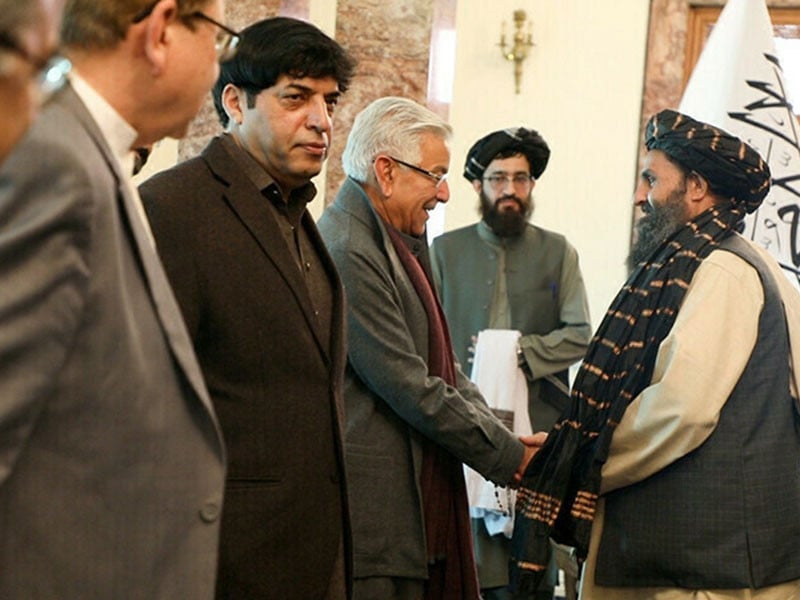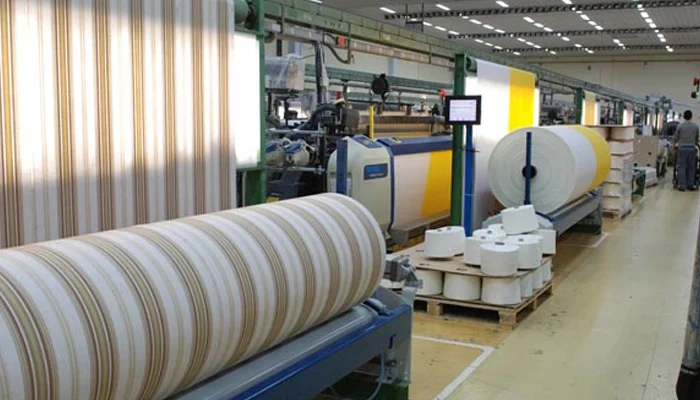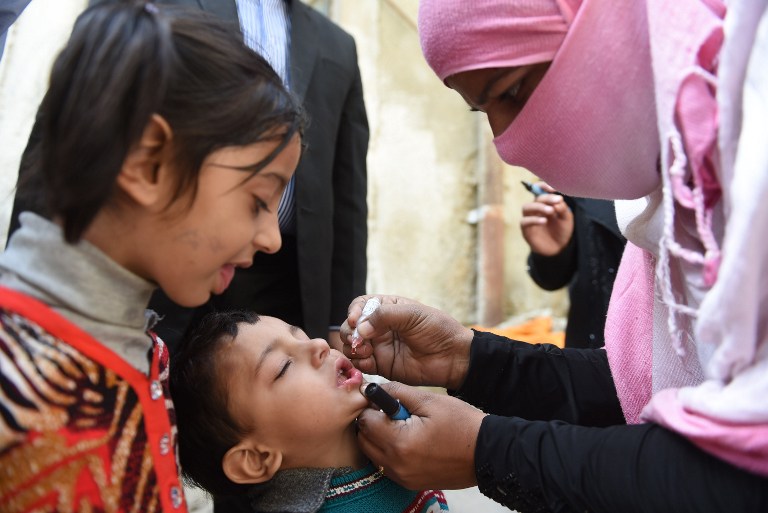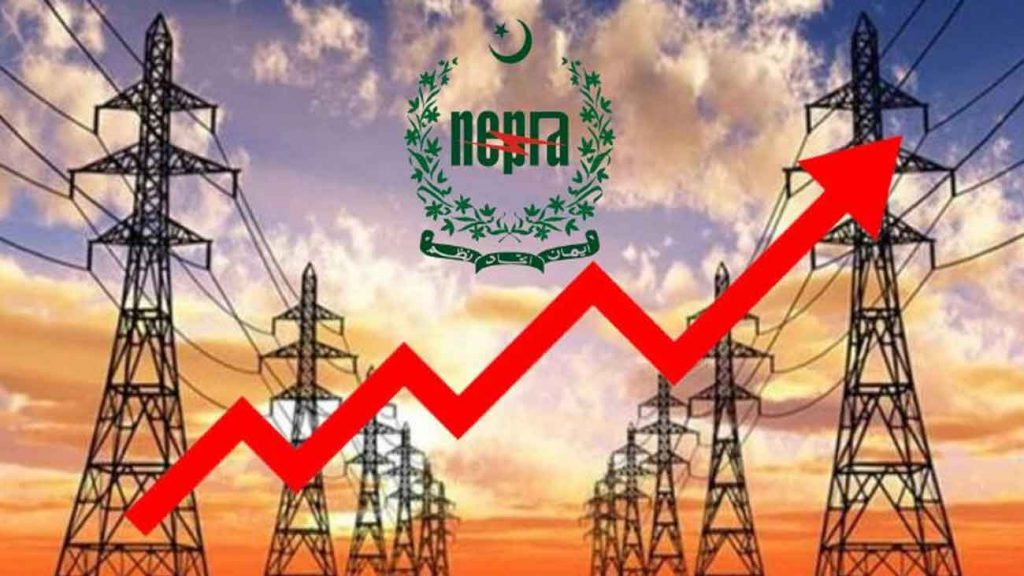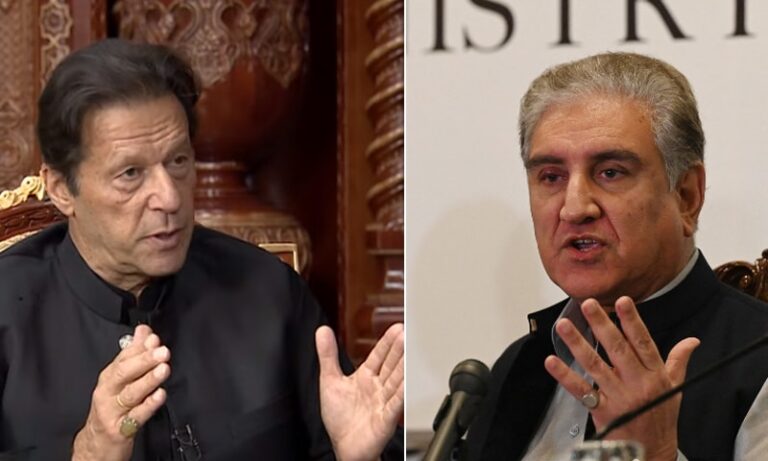Editorial
The current political landscape in Pakistan is fraught with instability, marked by a lack of constructive discourse and an abundance of discord. The term “reconciliation” has become a prevalent theme in political rhetoric, yet meaningful and peaceful discussions remain scarce.
During a recent event in Lahore, Pakistan People’s Party (PPP) Chairman Bilawal Bhutto-Zardari emphasized the necessity for dialogue over hostility and animosity. He referenced President Asif Ali Zardari’s message of reconciliation to all politicians during his parliamentary address, underscoring the importance of looking beyond personal agendas, particularly in reference to incarcerated Pakistan Tehreek-e-Insaf (PTI) founder Imran Khan.
Meanwhile, Rana Sanaullah, a prominent figure in the ruling PML-N, conveyed Mian Nawaz Sharif’s readiness for a comprehensive dialogue with Khan despite Punjab Chief Minister Maryam Nawaz branding PTI as a terrorist organization. The prevailing political uncertainty, if left unaddressed, could lead to dire consequences. This has not gone unnoticed by international entities such as the IMF, which has expressed concerns about the exceptionally high downside risks and pervasive political ambiguity.
Given the current power-sharing arrangement between the PML-N and PPP, there are limited options to address the self-inflicted delegitimization of the constitutional order and the aftermath of the February 8 general elections. The PTI has refused direct engagement with these parties, instead expressing willingness to hold talks exclusively with the establishment under specific conditions, including the withdrawal of legal cases against its members and leader.
Furthermore, the chief of the military’s media wing, Maj-Gen Ahmed Sharif, has unequivocally stated that any dialogue with PTI is contingent on a public apology for the May 9 violence and a commitment to constructive politics, illustrating the complex dynamics at play.
Amidst this impasse, it is crucial to seek resolution and de-escalate tensions for the greater good of Pakistan and its people. Both sides must exhibit restraint and a willingness to move past grievances. Former president and PTI leader Arif Alvi, recognized for his composed approach to challenging issues, has been tasked with initiating discussions with relevant stakeholders, advocating for reconciliation through dialogue and mutual forgiveness. This presents a beacon of hope, a potential for positive change in the midst of uncertainty.
It is evident that the path to stability and progress lies in constructive dialogue and a genuine commitment to reconciliation. The resolution of existing conflicts and the prevention of further escalation are not the sole responsibility of one party, but a shared duty for all, pivotal for Pakistan’s prosperity and security.







































